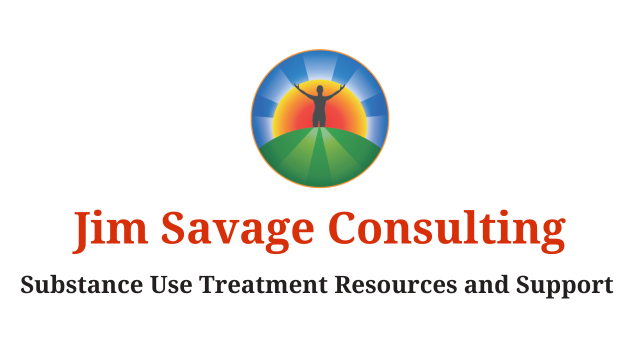I picked up my drum and invited them to lie on their backs, their heads pointing toward the center of the circle. Guiding them through a series of relaxation techniques, I encouraged them to first focus on their breath, then on releasing tension throughout their bodies. As I spoke, I introduced the steady rhythm of the drum, weaving its sound into the process and asking them to tune in to the vibrations reverberating through the space.
For the next ten minutes, the group entered a deeply meditative state, carried by the rhythmic waves of sound. Gradually, I slowed the beat, allowing the room to transition into stillness. After a moment of silence, I gently guided them back, eventually inviting them to sit up.
As they stirred, adjusting back to the present, I asked, “What was that like for you?”
One boy, new to the group, was the first to speak. With a blend of surprise and awe, and with a big grin on his face, he said:
“It was like being high—only better. It was like... pure.”
He had no idea just how profound his words were.
Creating Space for Positive Transformation
The experience described above was part of the adolescent substance use treatment program I ran for over a decade in Dallas, Texas. My approach tended to be somewhat non-traditional. I incorporated practices like drumming meditations, ceremonial gatherings, storytelling, and even rock musicals to help young people not just get over a drug or alcohol problem, but actually discover something within themselves that made them feel better than being high.
A critical barrier many face early in sobriety is having to give up something that has become their primary source of pleasure. In my free eBook, Sobriety Doesn’t Have to Suck!, I acknowledge how natural it is to feel resistant:
“You’re making me give up the one thing that makes me feel good!”
This sentiment underscores the difficulty of letting go of substances—it’s not just about breaking a habit but about finding new ways to feel good.
A Universal Desire to Alter Consciousness
In his book, The Natural Mind, Andrew Weil argues that humans have an innate desire to alter consciousness. As children, we spin in circles to make ourselves dizzy. As we grow, we explore mood-altering activities like sex, alcohol, and drugs. But Weil also identifies meditation and spiritual practices as the purest and most effective ways to satisfy this universal desire.
Weil’s insight reveals a crucial distinction: Are we looking outside ourselves to change how we feel, or are we turning within?
This distinction—seeking external sources versus cultivating internal ones—became the foundation of my work. The boy’s comment, “It was like being high—only better. It was like... pure,” perfectly illustrated how we can tap into more authentic and fulfilling ways of feeling good.
The Power of Positive Motivation
In Sobriety Doesn’t Have to Suck!, I emphasize the importance of the “carrot” over the “stick” approach to sobriety. While guilt or fear may temporarily influence behavior, they rarely inspire lasting change. A positive experience—a “carrot”—can light a spark and create a desire for more.
That boy’s meditation experience served as his first “carrot.” He realized he could feel the way he wanted to without substances—and it felt even better because it was pure and authentic. That spark of realization is what inspires hope and drives change.
Over the years, I’ve worked to create similar moments for people in recovery, using creativity and connection—through music, meditation, and storytelling—to guide them toward finding joy within themselves. Recovery isn’t just about staying sober; it’s about discovering fulfillment and excitement that comes from within.
A Final Reflection
This is not to say that drumming and meditation are the only ways to achieve successful recovery! The more important point to focus on is the dynamic of learning to feel good from within, rather than looking outside ourselves to change how we feel. I've always said it might sound a little corny, but feeling good about myself from within—in other words, self-esteem—can be the most powerful “anti-drug” imaginable:
If I really like how I feel from the inside, why would I want to change it?
Ready to Discover a New Approach to Sobriety?
If this resonates with you, take the first step toward finding excitement and fulfillment in recovery.
👉 Download my free eBook: Sobriety Doesn’t Have to Suck!


